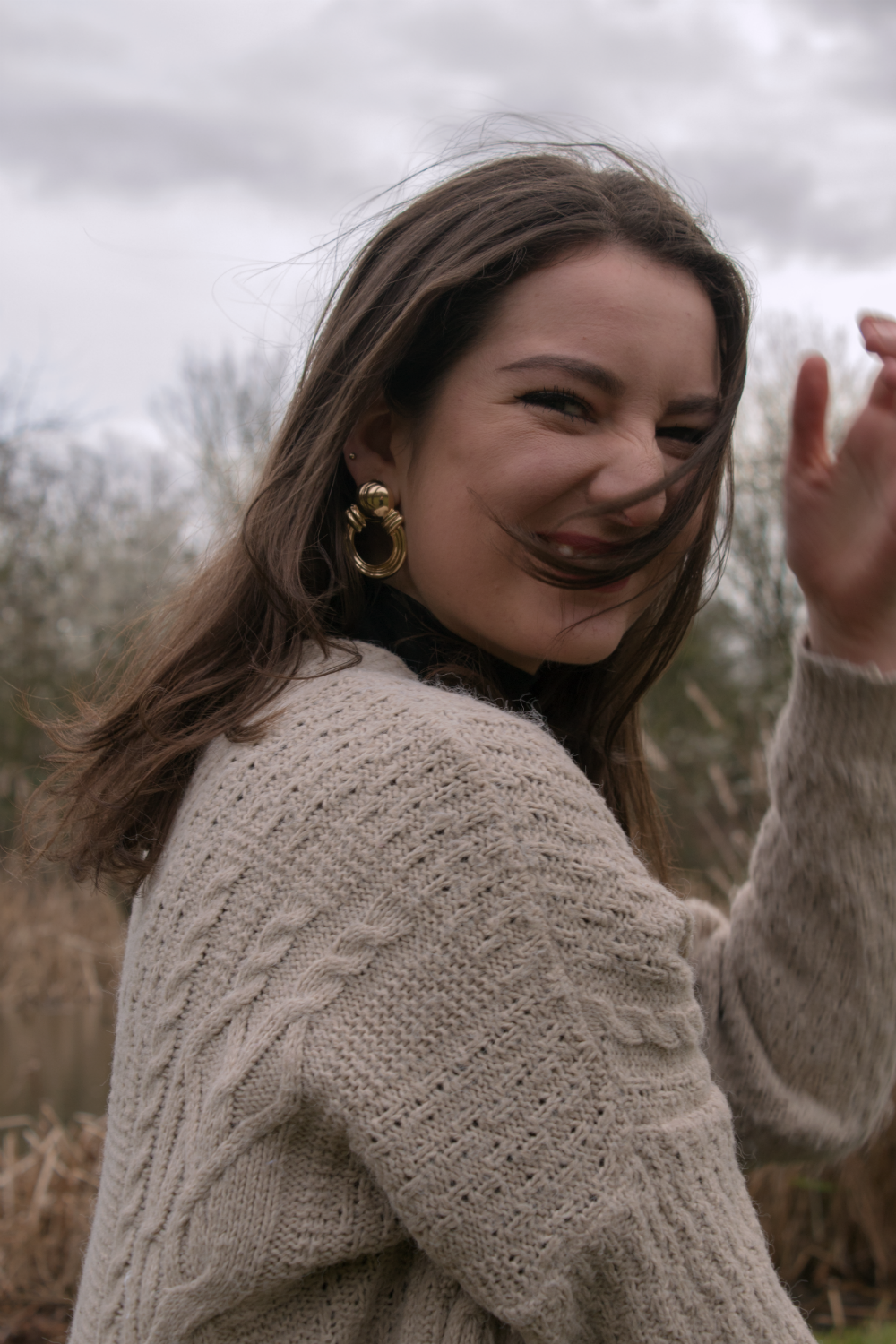What is World Afro Day and how can you support it?
World Afro Day is about celebrating afro excellence and ending black hair discrimination, says founder Michelle de Leon
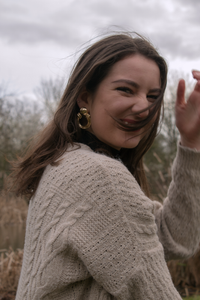
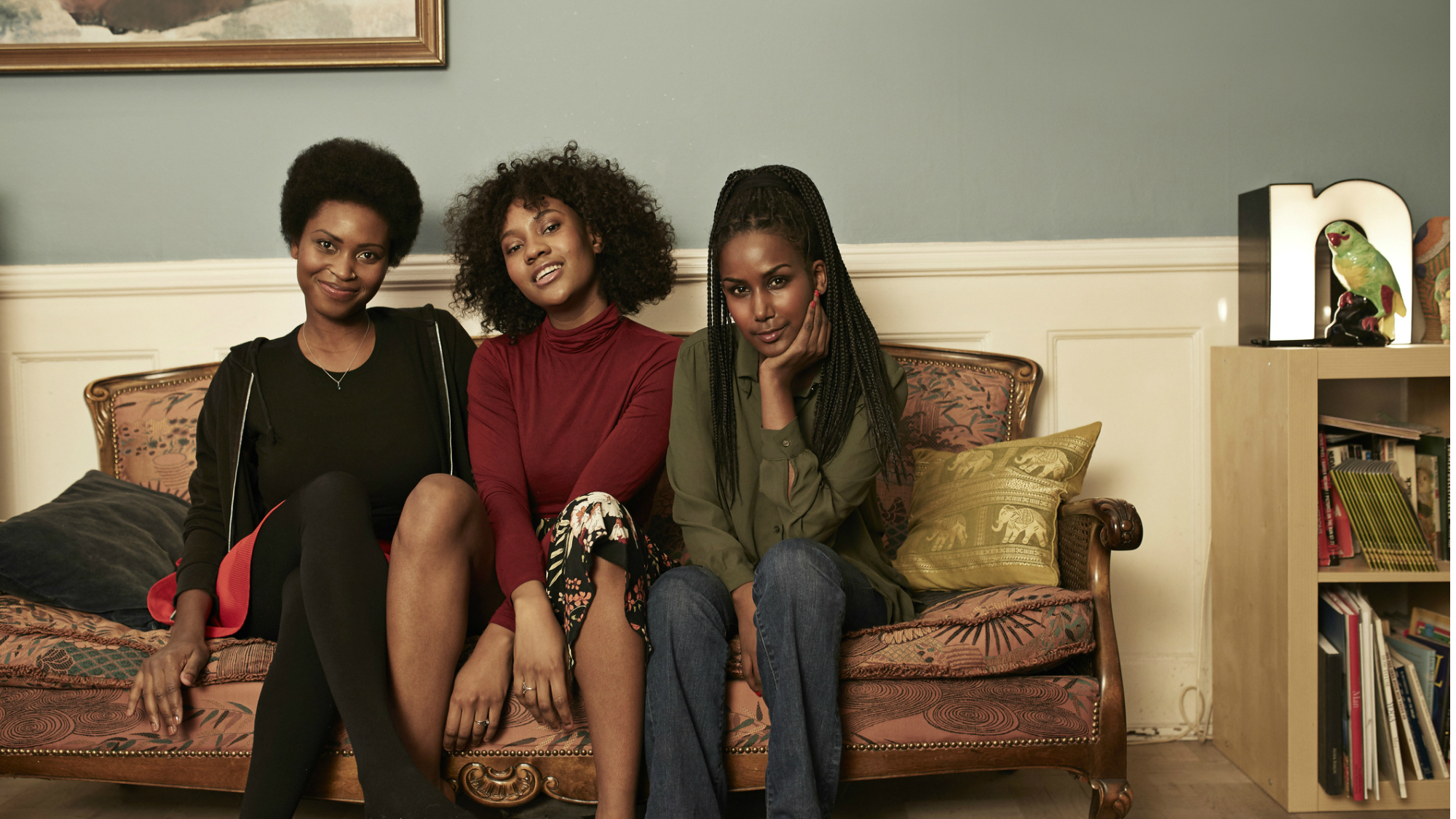
Celebrity news, beauty, fashion advice, and fascinating features, delivered straight to your inbox!
You are now subscribed
Your newsletter sign-up was successful
World Afro Day is about celebrating afro excellence and ending black hair discrimination, says founder Michelle de Leon
Messy. Unprofessional. Difficult to style. These adjectives are still far too commonly associated with afro hair.
Just last week, South Africa’s biggest pharmacy chain faced criticism for publishing a promotion on its website that portrayed afro hair as ‘dry, damaged and frizzy’, in comparison to the ‘normal’ hair of a white person. In May, two mothers made national headlines back after suing a Texas school district for suspending their 16 and 18 year old sons. The offence? Wearing their hair in dreadlocks.
And in the UK, there's still work to be done. A staggering one in six children with afro hair report having a bad experience in UK schools as a result of their hair. Such discrimination is widespread in the British education system.
One woman on a mission to change this is Michelle de Leon, who created World Afro Day in 2015. Dedicated to providing education on the intricacies of afro hair and encouraging people to celebrate their natural locks, World Afro Day has touched the lives of thousands of people since it’s development five years ago.
So ahead of this year’s virtual event, we sat down with Michelle to chat about just how far it’s come in inspiring women across the world to love their hair…
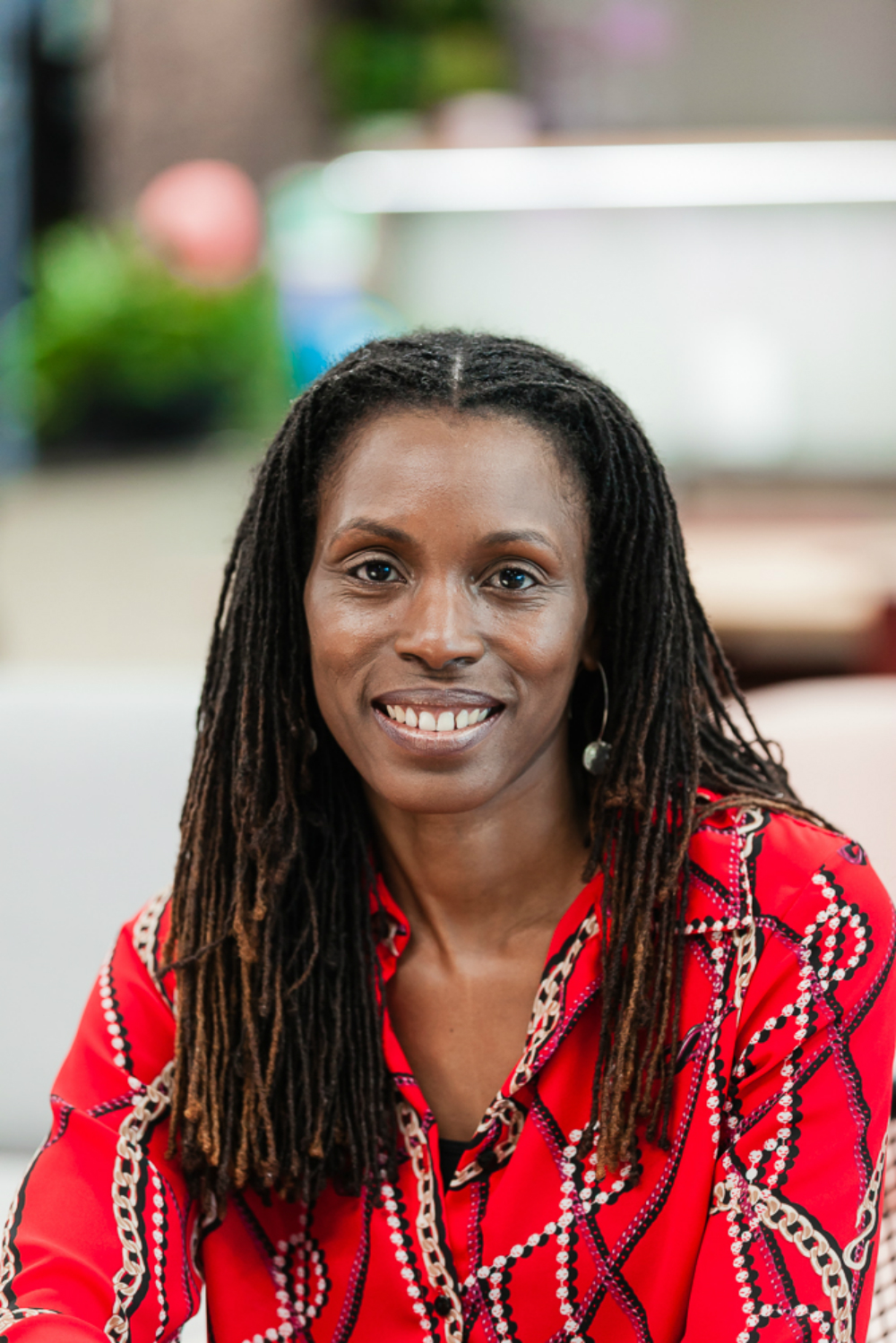
What is World Afro Day?
Its about education and empowerment of people with afro hair. I remember one morning five years ago, my daughter singing in the bathroom and celebrating her hair. I was aware there are so many kids around the world who don’t feel that way, and thought other people deserved to too. So I set up World Afro Day in September 2015. I'd seen so many people share the struggles they have with their afro hair. I just thought, instead of sharing these struggles, why don’t we all come together and celebrate our hair? We could make a change by sharing something positive.
Celebrity news, beauty, fashion advice, and fascinating features, delivered straight to your inbox!
What’s happening for World Afro Day 2020?
Over lockdown, we ran a competition asking kids around the country to send in video clips telling us why they love their afro hair, why they’re struggling and what changes they want to see. We’ve picked ten winners who are going to be revealed on the day which is super exciting. We're also calling for schools and Headteachers to comply with the Equality Act and eradicate any discrimination around Afro hair. This initiative is running until 15th October – so we’re hoping it will go some way to helping black people and promoting equality for young people.
How has World Afro Day evolved since it started?
Each year we have a three-pronged message, which is change, education, celebration. The first year, we set a world record by holding the largest education lesson for 400 kids on why afro hair is special.
We then started creating lesson plans in schools, and in 2018 we held an awards show. It was to change the perception of afro hair not being glamorous. If you’re on the red carpet or getting married, you’re not wearing your afro hair – so we held the awards show to raise the bar and say, look, afro hair is beautiful and we can celebrate it as such. The following year, we had 1,150 pupils around the world sign up for a live streaming of the Big Hair Assembly – that was really amazing.
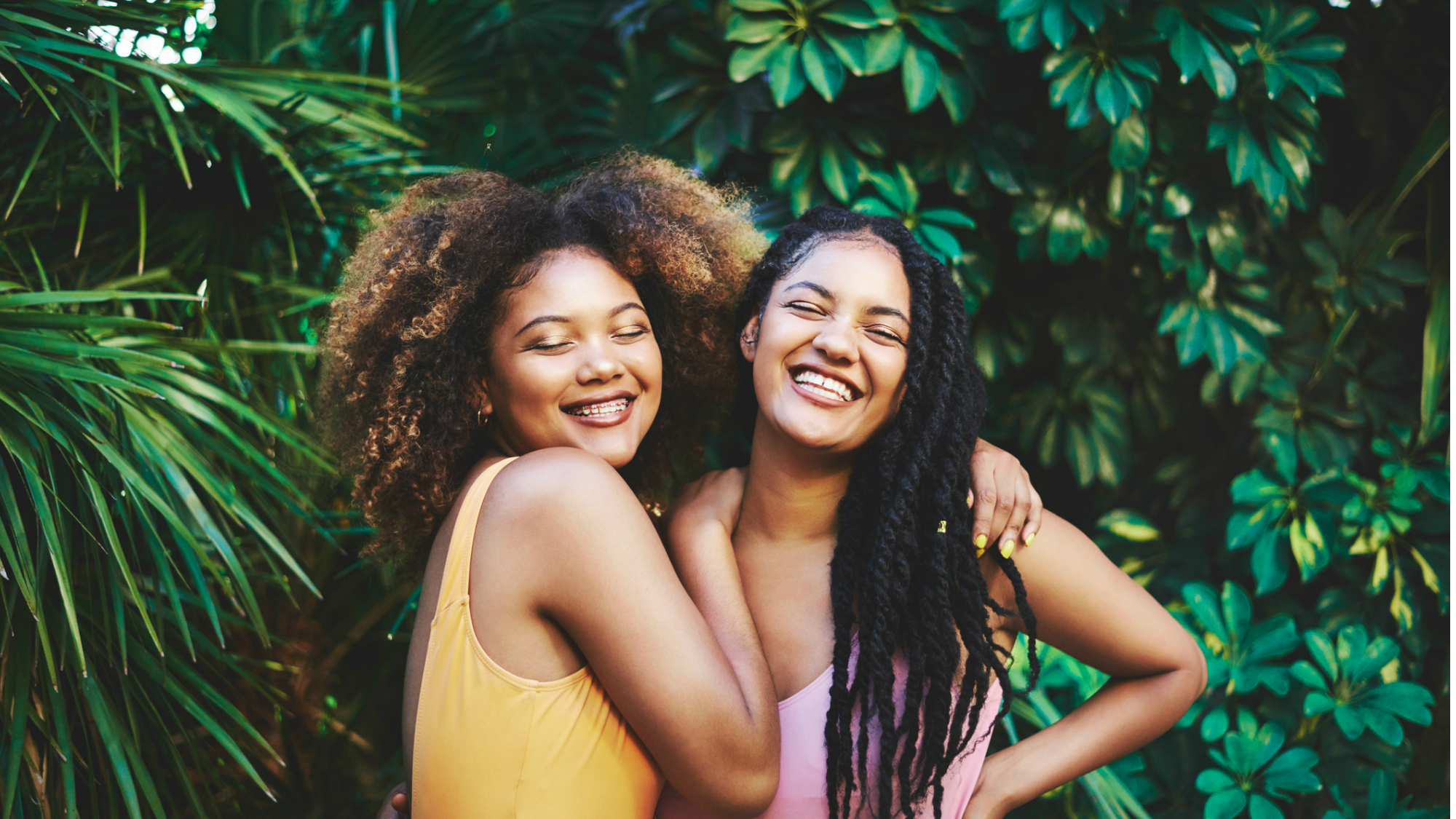
Why is education so important on World Afro Day?
We carried out research asking people what influenced how they felt about their hair as a child and it wasn’t the media, internet, family or other people – but school. If you go into the education system and the first message you get from society is that your hair is unacceptable, it becomes a life-long sentence – so change needs to start from there. Our minds are absorbing messages daily about hair – what looks good, what’s professional, what’s accepted. We need to see more positive images of successful women with natural afro hair. I’ve not been a natural hair lover all my life – I chemically straightened and permed my hair for years. But at the age of 25, I went on this journey to fall in love with my own hair. It wasn’t an overnight thing, I had to slowly discover all the wonderful things I could do with it and learn to see that I could be beautiful as I was.
What role do schools need to play?
The media and beauty industry have become more aware but many schools are behind and still ban certain hair styles that are commonly worn by those with Afro hair. For example, because our hair is incredibly fragile, we braid it to stop the breakage and keep the moisture in from the oils that would naturally evaporate. It’s a basic need for our hair type, yet some schools still tell children this practice is not allowed instead of understanding that it is necessary. Within schools, there’s been a 66% rise in negative hair policies towards afro hair. We urgently need to tackle this problem and break the cycle. Only then can we stop another generation facing prejudice.
How can we get involved?
Because it’s an online event, anyone can join whether they have afro hair or not. It’s a really good opportunity to join and learn about the challenges we face and how you can add your support. Head over to Twitter and back World Afro Day. If you truly believe in afro hair equality, let your voice be hear.
Join the fight to #EndHairBias by checking out World Afro Day Live, which takes place online on 15th September from 6pm until 9pm. Donations can be made through the Localgiving organisation.
For key tips and information on how to look after natural hair and keep it healthy, follow @girlfreethefro on Instagram.
Niamh McCollum is Features Assistant at Marie Claire UK, and specialises in entertainment, female empowerment, mental health, social development and careers. Tackling both news and features, she's covered everything from the rise of feminist audio porn platforms to the latest campaigns protecting human rights.
Niamh has also contributed to our Women Who Win series by interviewing ridiculously inspiring females, including forensic scientist Ruth Morgan, Labour MP Stella Creasy and ITV’s former Home Affairs Editor Jennifer Nadel.
Niamh studied Law in Trinity College Dublin. It was after enrolling in a Law & Literature class on her year abroad in Toronto that her love of writing was reignited. In no particular order, her big likes are Caleb Followill, hoops, red wine, sea swimming, shakshuka and long train journeys.
